California Governor Gavin Newsom is echoing calls from others demanding heavier restrictions on students’ use of smartphones in the state’s classrooms.
In an announcement Tuesday, Newsom said he plans to expand on a law passed in 2019 that empowered school districts to limit the use of smartphones children are at school.
Newsom Announcement
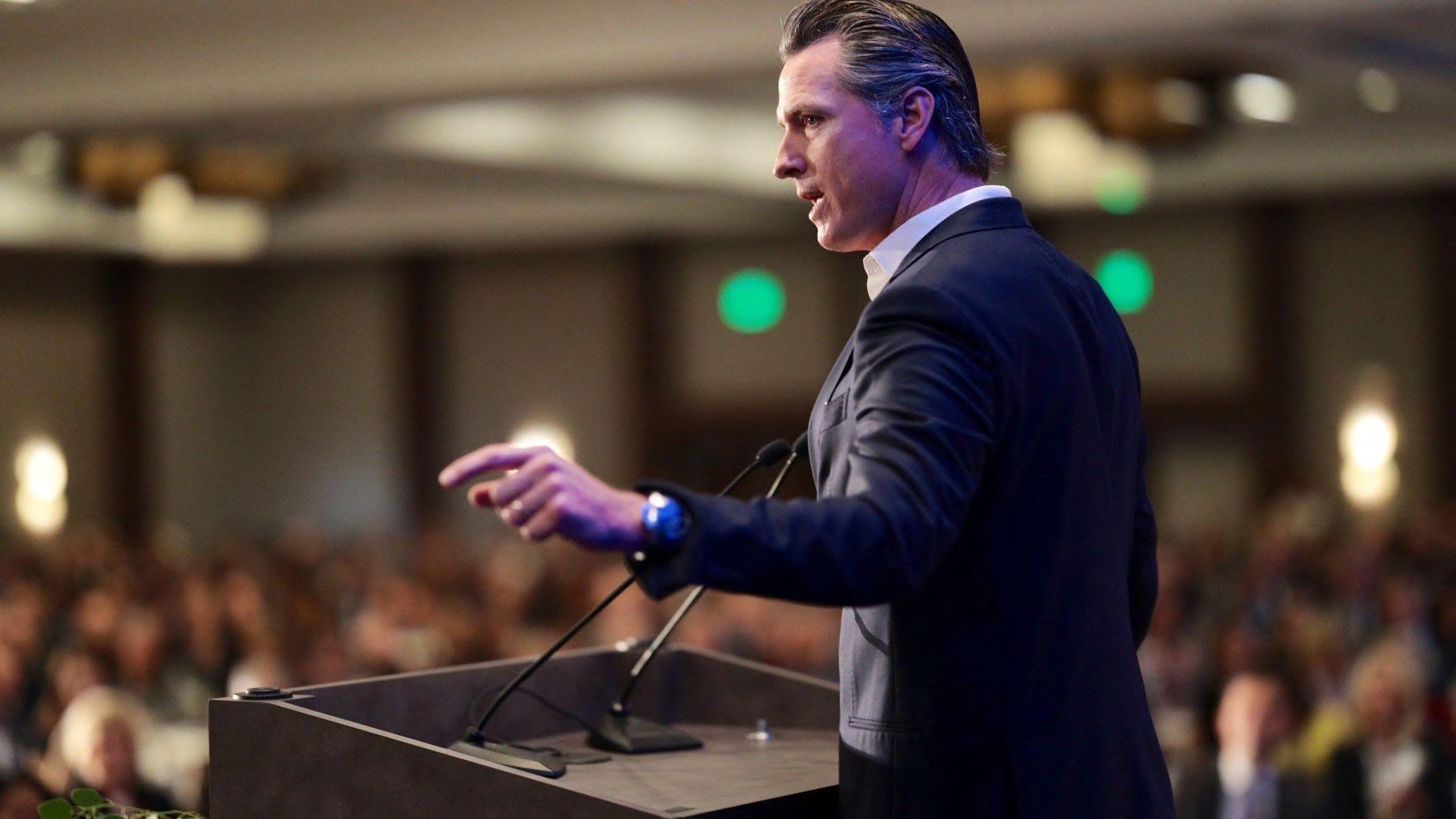
A statement published on June 18 by the governor’s office detailed Newsom’s thoughts on a recent wave of criticism regarding the capacity of smartphones and social media to harm today’s youth.
“As the Surgeon General affirmed, social media is harming the mental health of our youth. Building on legislation I signed in 2019, I look forward to working with the Legislature to restrict the use of smartphones during the school day. When children and teens are in school, they should be focused on their studies — not their screens,” said Newsom.
Surgeon General’s Comments
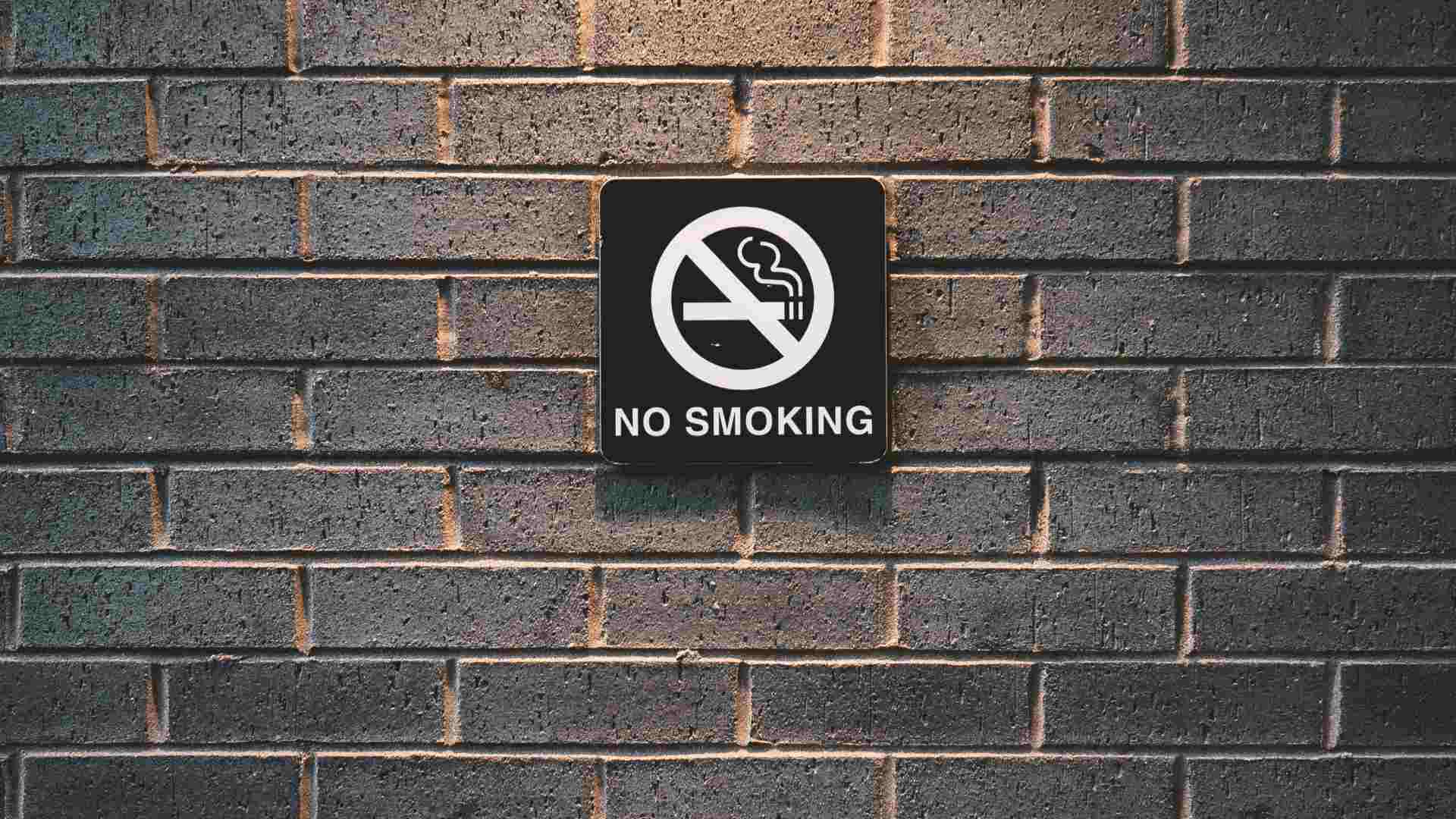
In his statement, Newsom referenced a piece published in the New York Times by US Surgeon General Vivek Murphy on Monday.
In his piece, Murphy argues that Congress needs to implement “tobacco-style” warning labels on social media platforms and “remind parents and adolescents that social media has not been proved safe.”
What Restrictions Are Being Considered?
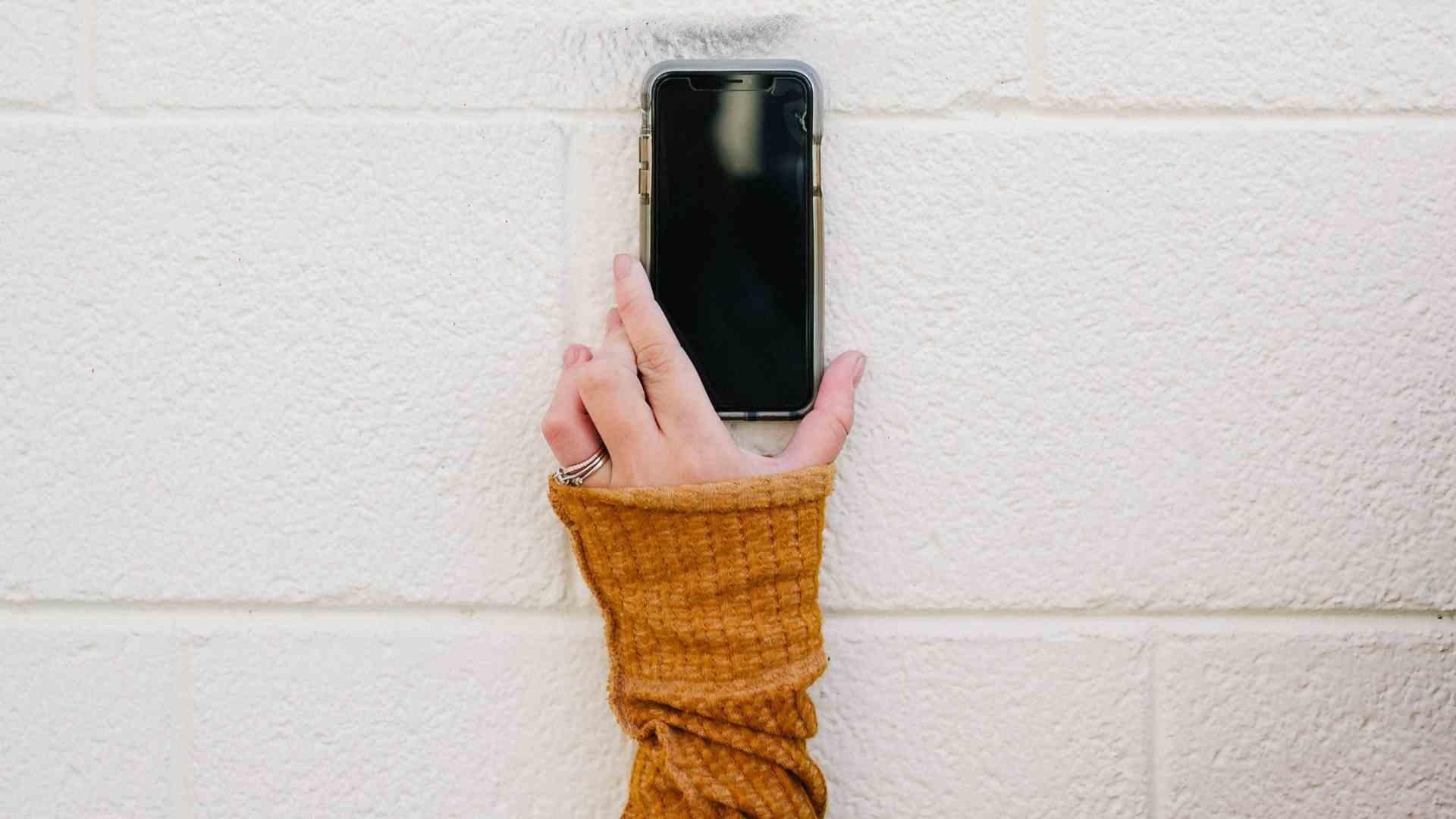
NBC News reported that the governor’s office in a statement to the outlet “did not expand on what kind of restrictions he is planning to implement.”
However, the governor’s office did confirm that they are looking into “several proposals” that they hope to move forward with this year in the state legislature.
Recent Cellphone Criticism

The statement from Newsom coincided with an action by the Los Angeles Unified School District, the second-largest school district in the country, banning student cell phones.
The district voted to ban the use of cell phones and social media in schools for its more than 420,000 students. The policy for the ban will reportedly be implemented by January of next year.
Newsom’s History on the Subject
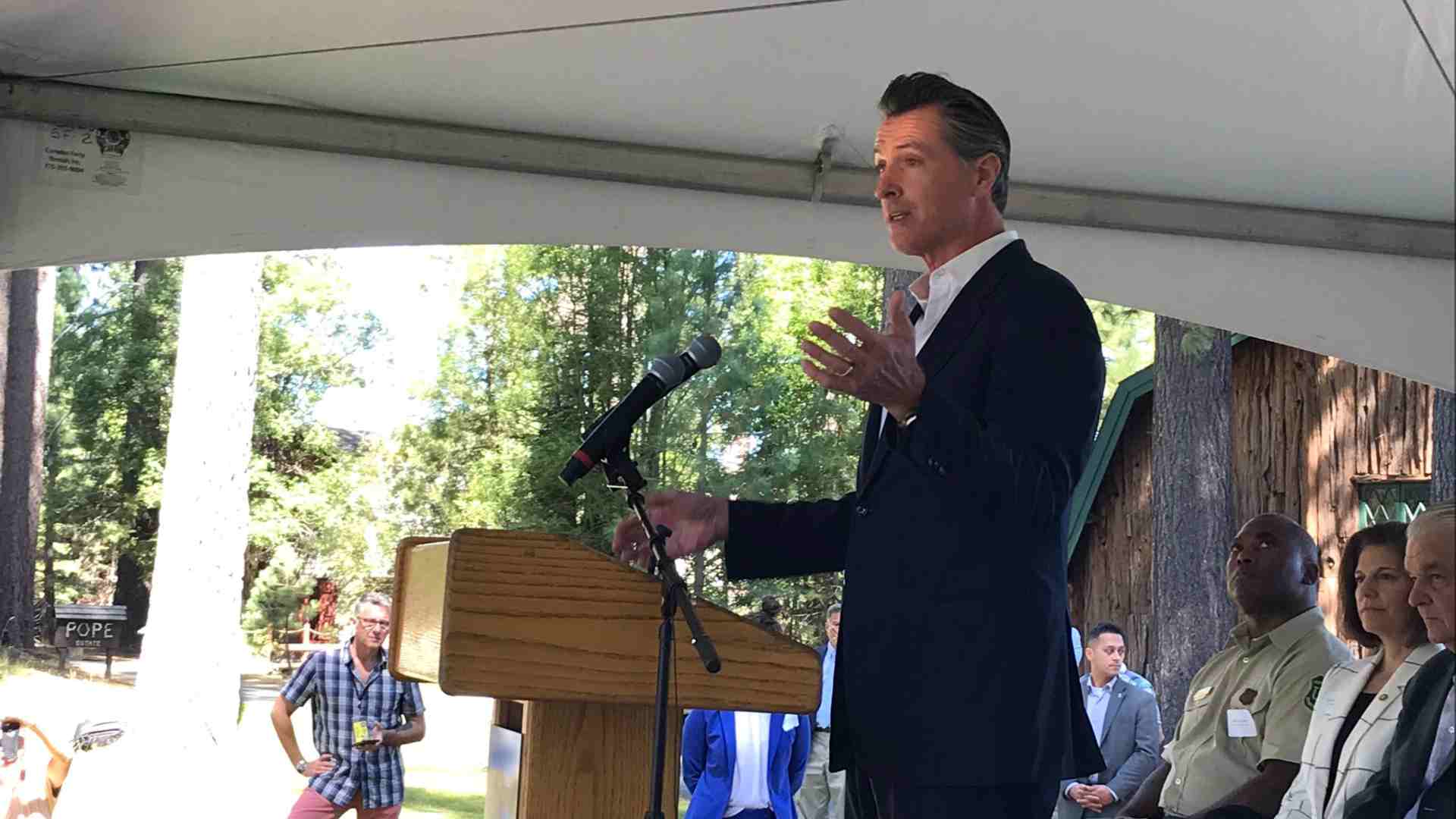
In addition to signing a 2019 bill that allowed school districts greater authority over student cell phone usage, Newsom also previously signed a 2022 bill called The California Age-Appropriate Design Code Act that implemented strict privacy requirements for children online.
The bill required businesses that “develop and provide online services, products, or features that children are likely to access” to comply with special data and privacy safeguards for users under 18 years of age.
Blocked By Judge
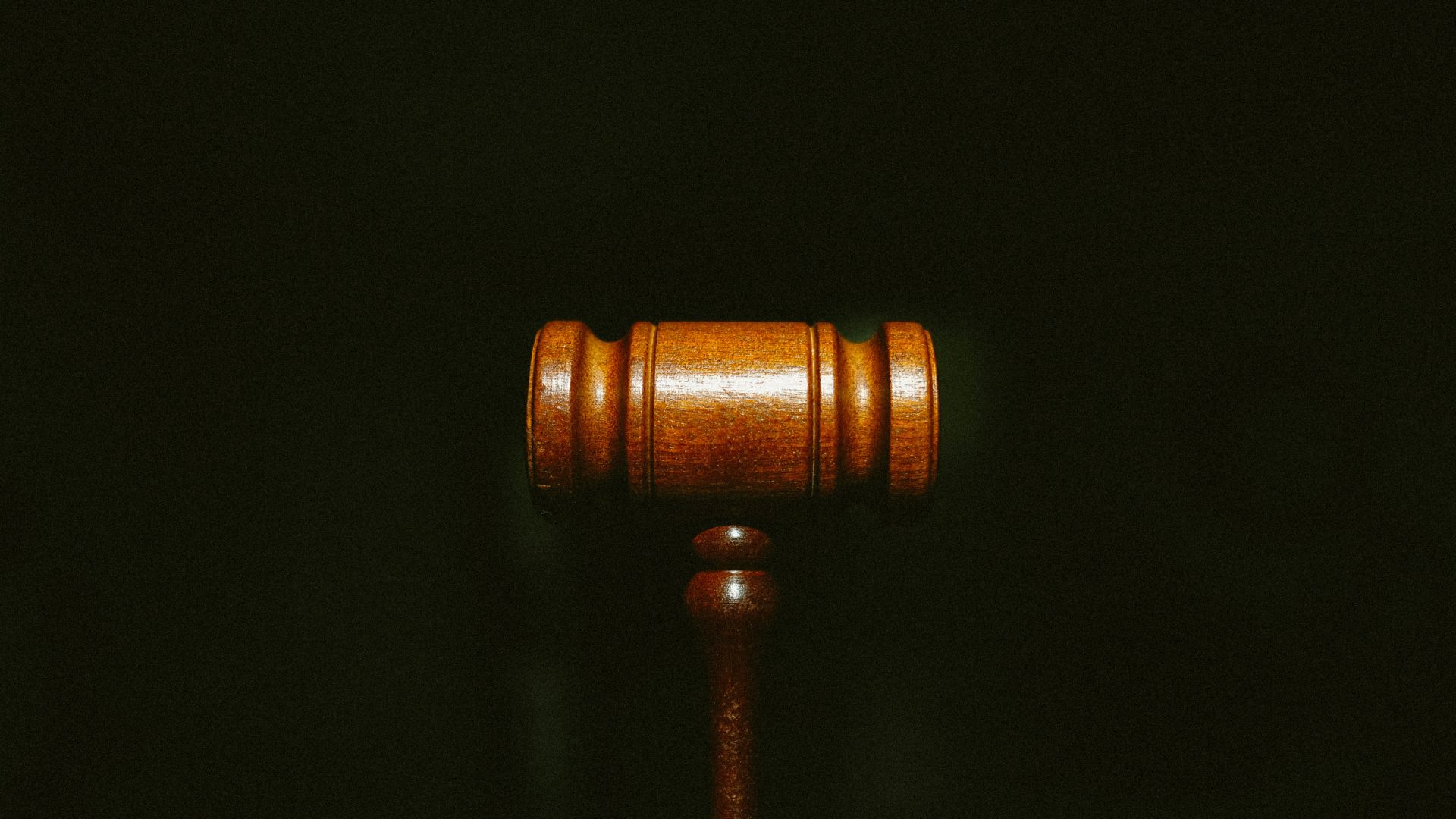
Although the bill was successfully passed in California, it was seen as controversial because of its strictness. The California Age-Appropriate Design Code Act was supposed to go into effect this July, but a federal judge blocked its implementation in response to a lawsuit.
Tech industry group NetChoice sued on the basis that the law violated the First Amendment of the Constitution. This lawsuit is still ongoing.
Rising Tide of Social Media Criticism
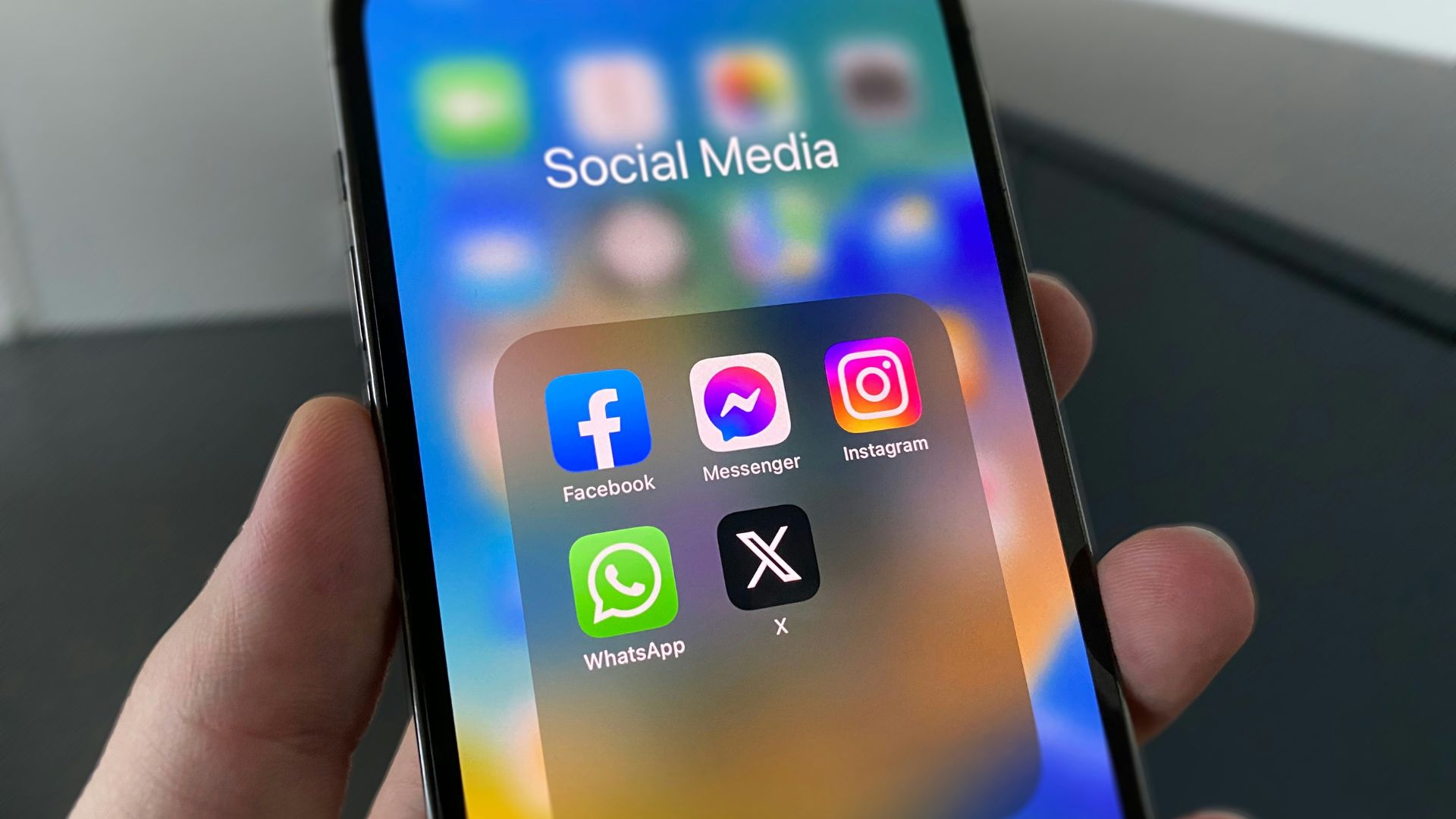
California is just one of several states that are considering stricter access to social media and smartphones for kids.
In March, Indiana passed a law that forced schools to restrict student cellphone use during class time. Last year, Florida became the first state in the country to ban all usage during class time and block social media through Wi-Fi access.
Effectiveness of Banning Cell Phones

Supports of cellphone bans in school say that students are too easily distracted by them, and they create a bad learning environment in kids’ most vulnerable years.
In the months following a cellphone ban in Orange County Public Schools, teachers and staff reported the ban had “positive changes,” though students were frustrated by not being able to use cell phones during lunchtime.
Positive Impact
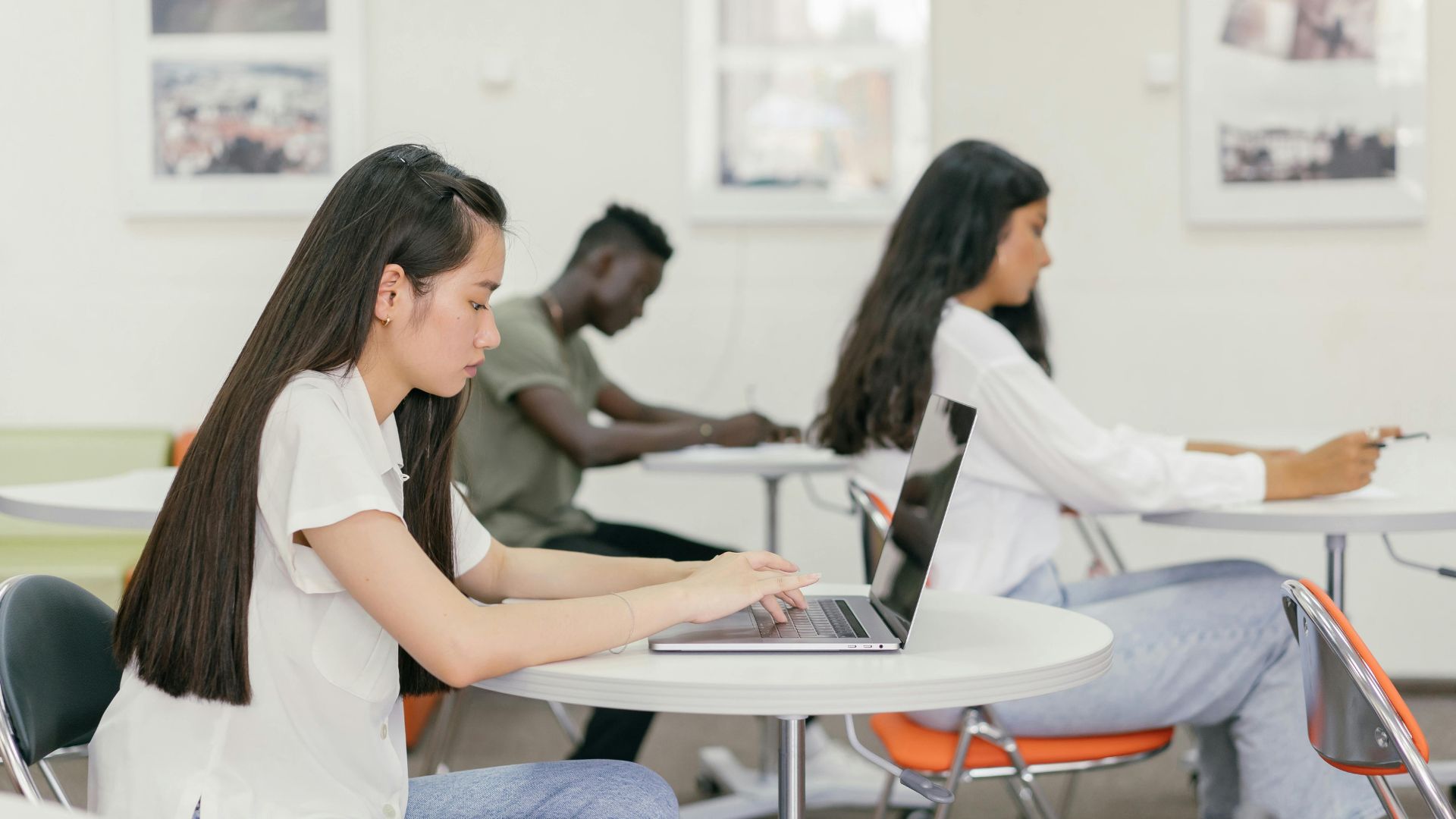
Sarah Speight, a Boone High School teacher, was thrilled at watching students pass handwritten notes to each other and remarked an increase in class participation.
“The learning change in the classroom is remarkable. Students are engaged because they’re not getting notifications in their pocket,” said Speight, who teaches ninth-grade English and Advanced Placement literature. “I would predict that we’re going to see a positive impact on test scores for the schools that have implemented this with consistency.”
Criticism of the Idea
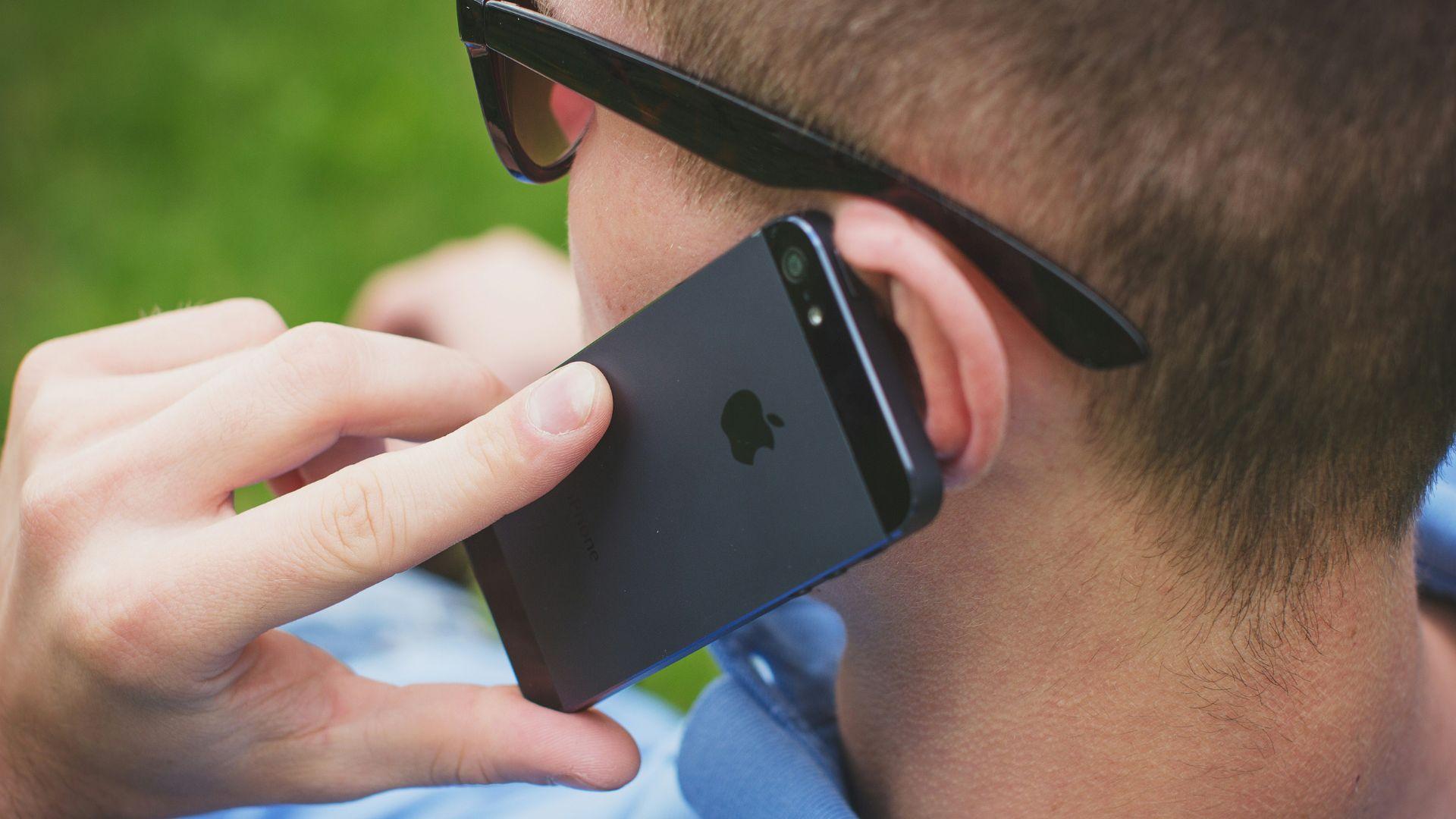
While the idea of restricting cell phones for students seems to have general support, there are some who think taking connectivity away from kids is not a good idea.
“NOT AS LONG AS THEY HAVE TO HIDE FROM GUNSHOTS IN THEIR CLASSROOM,” said a user on X in response to the governor’s announcement. “I don’t think this will go well with the students,” said another user.
Cyberbullying

Another argument that supporters of cell phone restriction bring up is that social media allows the proliferation of cyberbullying, which has become an increasing problem as technology advances.
According to the Cyberbullying Research Center, incidents of cyberbullying more than doubled between 2010 and 2021. Pew Research found in 2022 that nearly half of US teens now experience bullying and harassment online.
